New Scientist covers the latest developments in science and technology that will impact your world. New Scientist employs and commissions the best writers in their fields from all over the world. Our editorial team provide cutting-edge news, award-winning features and reports, written in concise and clear language that puts discoveries and advances in the context of everyday life today and in the future.
Elsewhere on New Scientist
Thinking about thinking • Subjective experience is intrinsically hard to understand – but it is worth trying
New Scientist International Edition
Staring at the sun
A new way to know our minds • Integrated information theory, one of the leading explanations for how consciousness emerges, appears to work when applied to human brain scans, says Clare Wilson
Portal-like “ring wormholes” could be used as a time machine
Snub-nosed alligator chomped on snails
Analysis Environment • How can we keep homes cool without air conditioning? Many countries must adapt buildings to cope with extreme heat, but there are ways to do this without increasing energy use, says Madeleine Cuff
Elon Musk gets back into AI • The entrepreneur has big ambitions for his latest tech company, but he faces accusations of hypocrisy, says Chris Stokel-Walker
Pigs open doors to free trapped companions
Big data may make AI more racist • Training artificial intelligences on larger data sets seems to strengthen their biases
A little bit of guidance helps a llama succeed
Nerve pain from diabetes treated by faecal transplants
Bolivia’s deforestation surge alarms environmentalists
Cash reward to slay maths epic • A decade of disagreements over an impenetrable theory have been kicked up a notch by the promise of a large prize for anyone who can settle the matter, says Matthew Sparkes
Discovery of wrinkle-causing molecules could lead to new cosmetics
Missing stars found in cloud wrapped around our galaxy
Meteorite left Earth then returned to the surface
Giving birth at an older age linked to longer life in women
Carbon taxes should target luxuries • Variable levies could reduce social inequality and tackle climate change, an analysis finds
Extinct carnivores might have been inbred
Quantum algorithm might actually prove useful
Birds from two species raise chicks in the same nest
Malaria vaccine shows promise against relapsing form of the disease
Jewellery made from giant sloth bones
Blanket for electric cars helps battery
Sea snake has re-evolved the ability to see more colours
Really brief
Taking a bite out of reality • Conspiracy theories like QAnon are more than misinformation. They need to be treated like a pandemic, says James Ball
Field notes from space-time • Why physics is political In these times we live in, who is researching and shaping science is more crucial than ever, which is why tenureships matter, writes Chanda Prescod-Weinstein
Super nature • Earth: Over 4 billion years in the making, HarperCollins
Virtually real music • Mixed reality is challenging music fans in new and amazing ways, including bringing the dead back to life – in a manner of speaking, finds Arwa Haider
Fungal killing fields • Forget fictional brain-eaters. A guide to fungi shows a scary list of real dangers, including a new pandemic, says James Dinneen
New Scientist recommends
The sci-fi column • Only remember A man with a dark childhood. A deceptively easy-going city where surreal, brightly painted doors are worshipped – and feared. The nature of memory is at the heart of a remarkable, magical-realist debut, says Sally Adee
Your letters
How are you thinking?...

 Sep 07 2024
Sep 07 2024
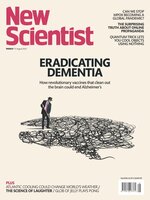 Aug 31 2024
Aug 31 2024
 Aug 24 2024
Aug 24 2024
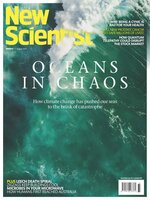 Aug 17 2024
Aug 17 2024
 Aug 10 2024
Aug 10 2024
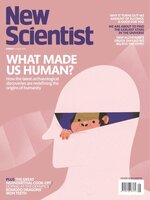 Aug 03 2024
Aug 03 2024
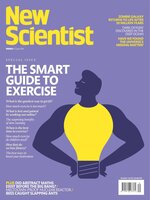 Jul 27 2024
Jul 27 2024
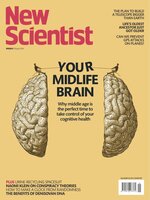 Jul 20 2024
Jul 20 2024
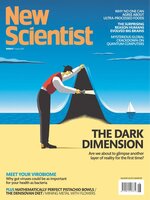 Jul 13 2024
Jul 13 2024
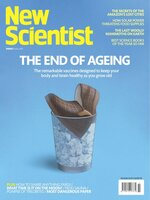 Jul 06 2024
Jul 06 2024
 Jun 29 2024
Jun 29 2024
 Jun 22 2024
Jun 22 2024
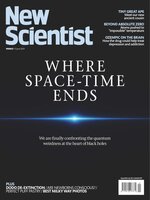 Jun 15 2024
Jun 15 2024
 Jun 08 2024
Jun 08 2024
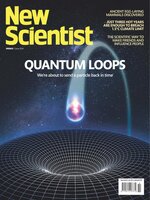 Jun 01 2024
Jun 01 2024
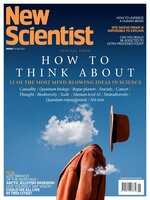 May 25 2024
May 25 2024
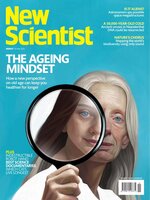 May 18 2024
May 18 2024
 May 11 2024
May 11 2024
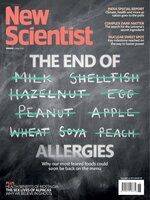 May 04 2024
May 04 2024
 Apr 27 2024
Apr 27 2024
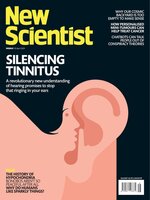 Apr 20 2024
Apr 20 2024
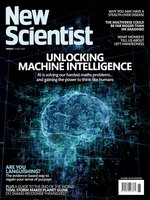 Apr 13 2024
Apr 13 2024
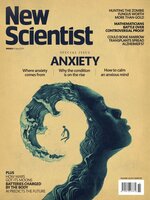 Apr 06 2024
Apr 06 2024
 Mar 30 2024
Mar 30 2024
